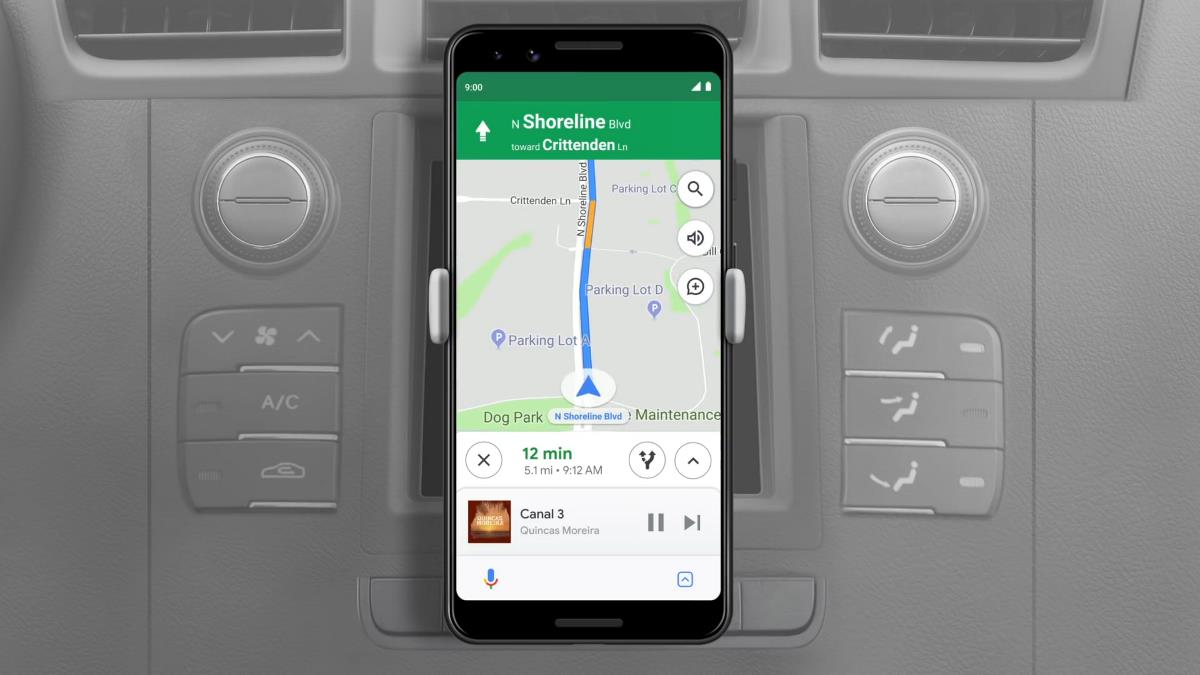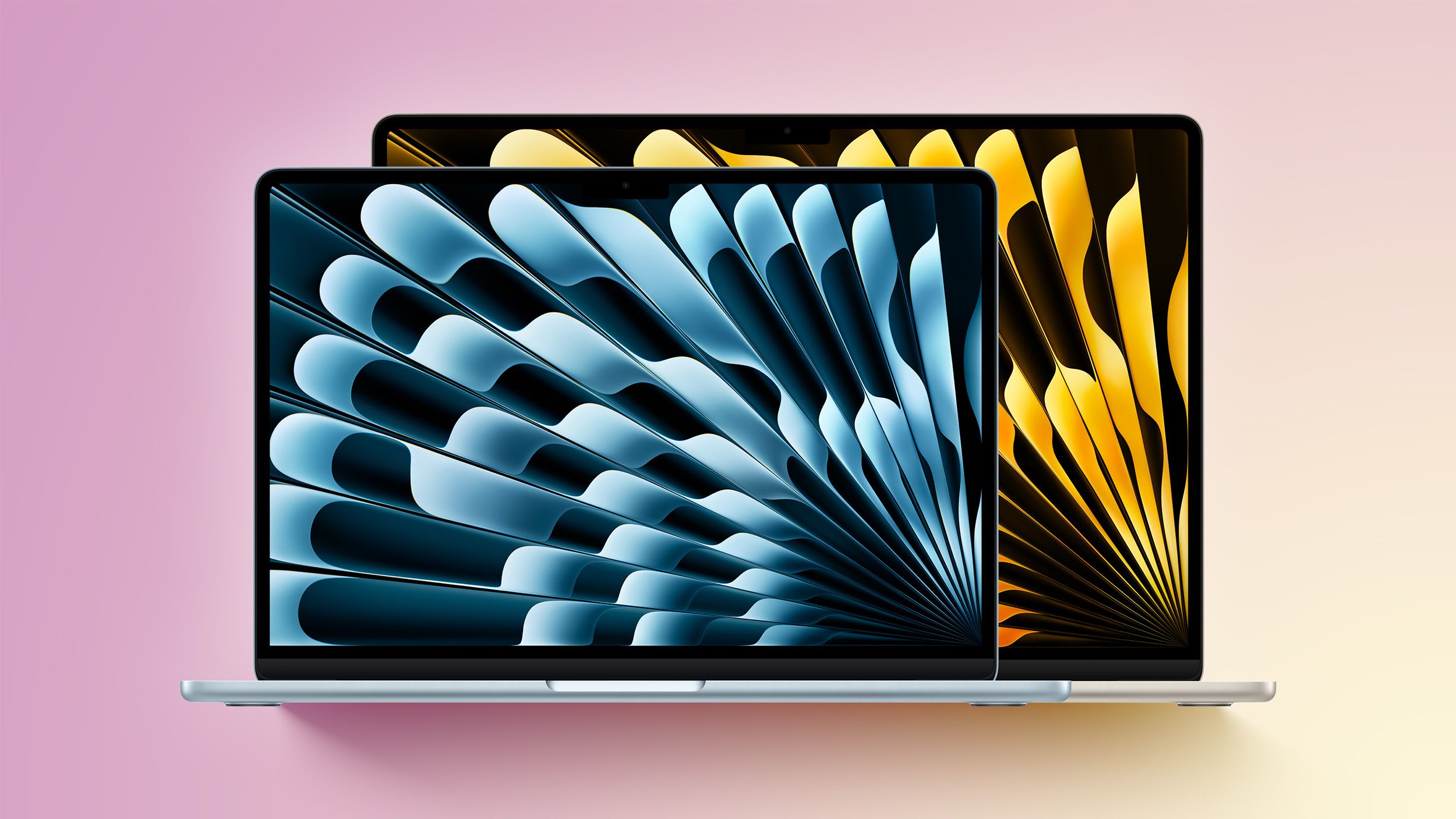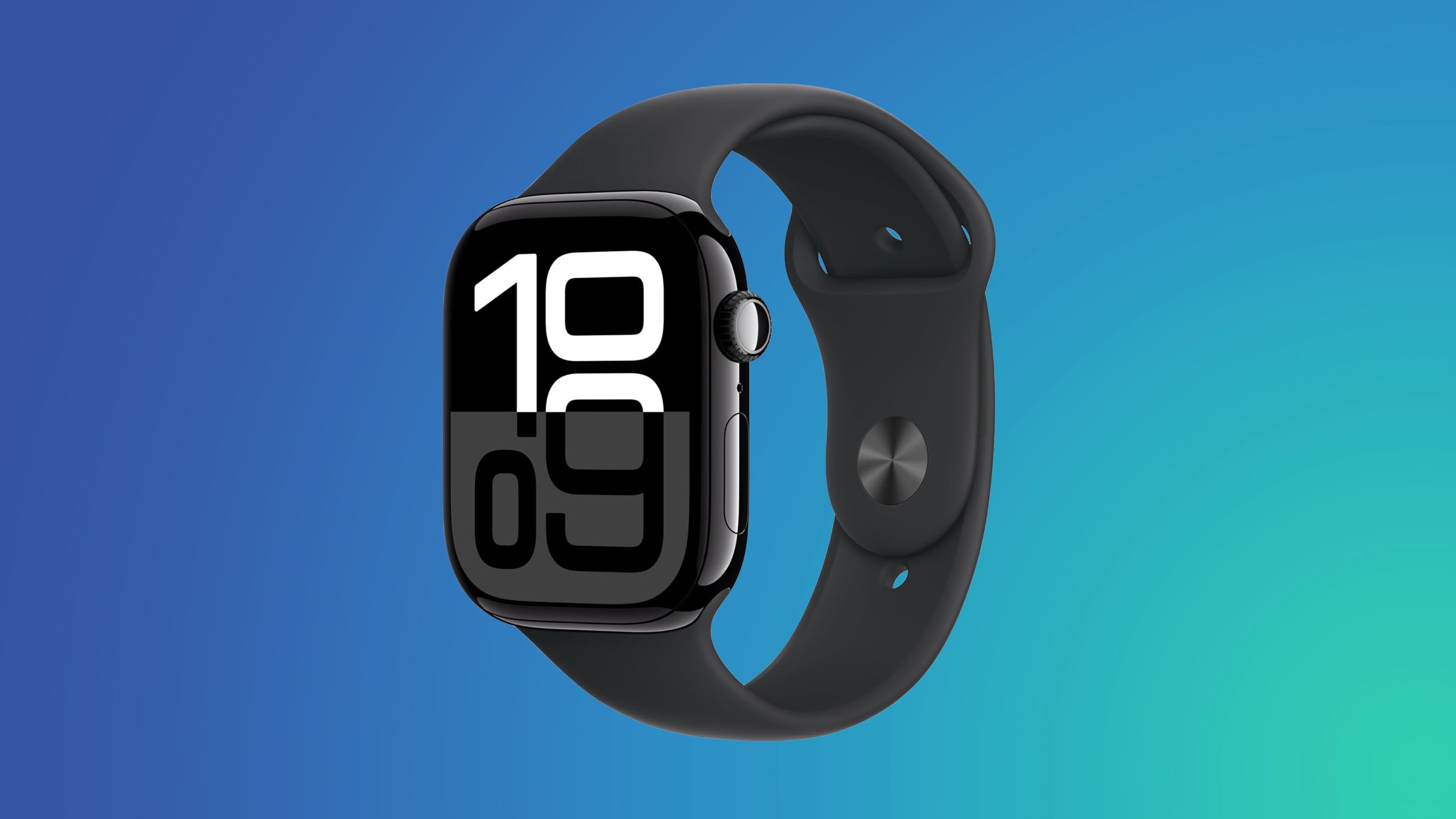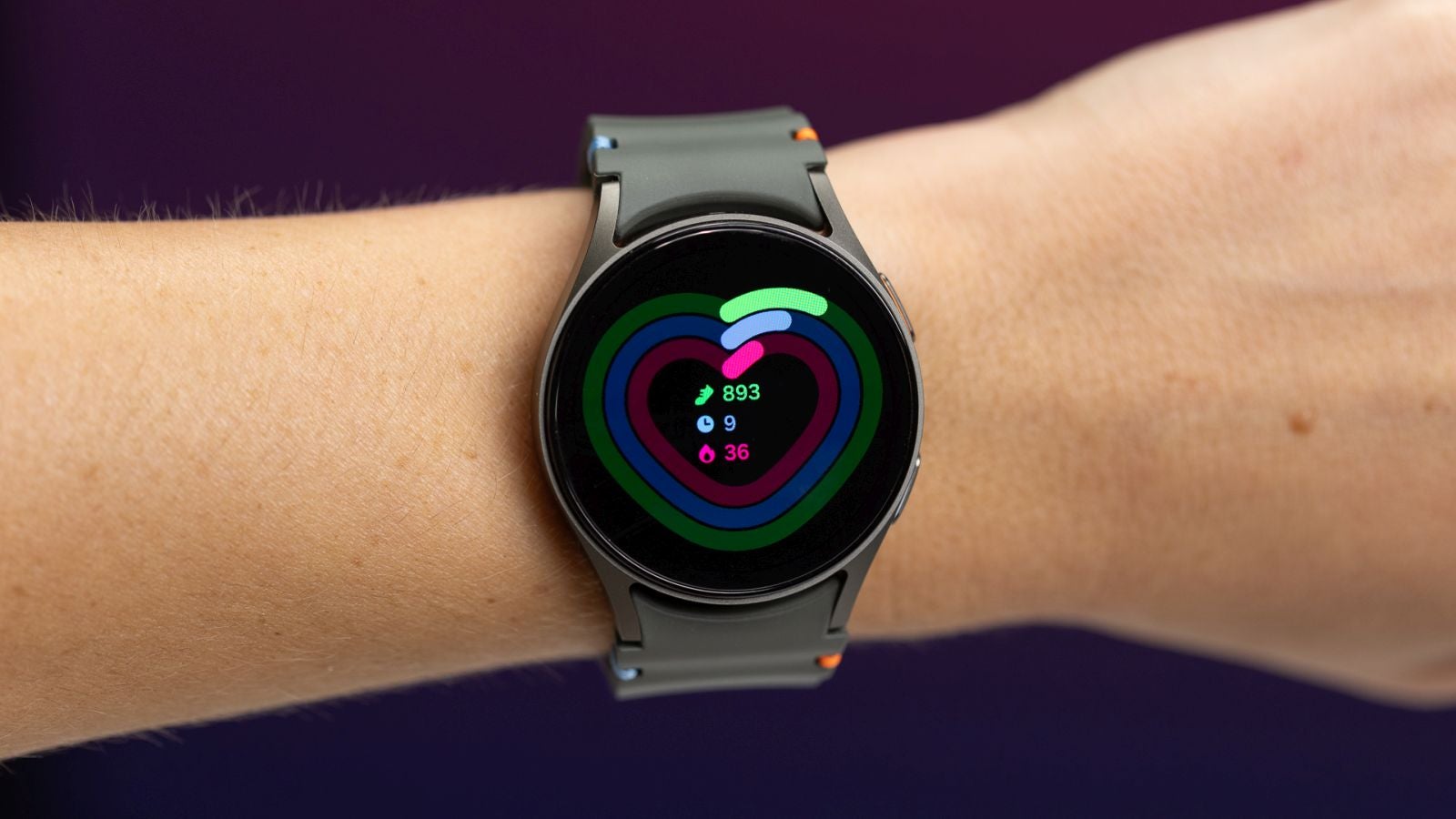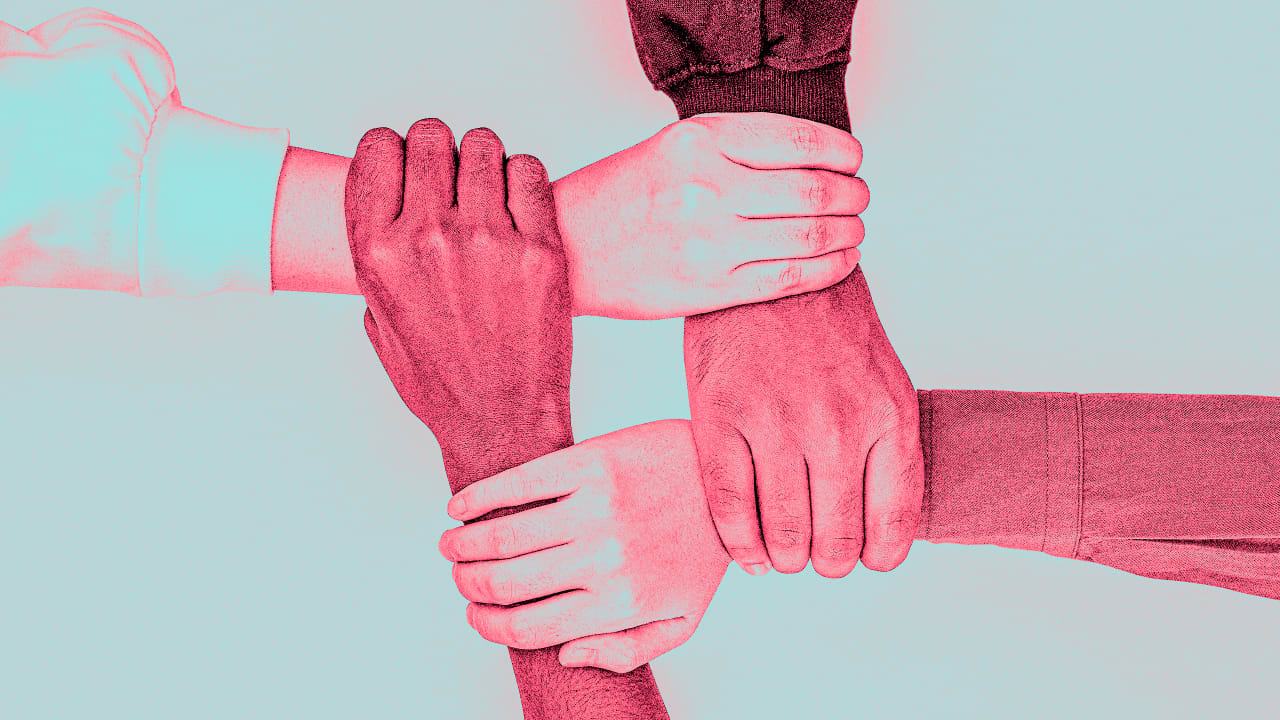What is a Personal Loan?
A personal loan is a type of unsecured loan that allows you to borrow a fixed amount of money from a lender for a variety of purposes, such as consolidating debt, covering medical expenses, or funding a large purchase. Unlike other loans, personal loans don’t require collateral, making them an appealing option for many borrowers. The amount you borrow, interest rate, and repayment terms are agreed upon in advance, which means you'll know exactly how much to repay each month. Read More: What is a Personal Loan? A Complete Guide for Beginners Key Features of a Personal Loan Unsecured: Personal loans don’t require collateral like a car or home, so they are considered unsecured loans. This means you don’t risk losing property if you’re unable to repay the loan, but it may come with higher interest rates due to the added risk to lenders. Fixed Loan Amount: The loan amount is typically determined by your creditworthiness, income, and the lender’s requirements. Borrowers can usually borrow anywhere from a few hundred to several thousand dollars, depending on the lender and loan terms. Fixed Repayment Terms: Personal loans generally come with fixed repayment schedules, typically ranging from 1 to 7 years. This means that the amount you pay each month remains consistent, making it easier to budget for repayments. Interest Rates: The interest rate on personal loans varies based on factors like your credit score and the lender’s policies. Higher credit scores typically result in lower rates, while those with lower credit scores may face higher rates. Versatility: One of the main advantages of a personal loan is its versatility. It can be used for a wide range of purposes, such as consolidating high-interest debt, paying for education or tuition, funding home improvements, or even covering emergency expenses. Pros of a Personal Loan No Collateral Required: Since it’s unsecured, you don’t have to risk valuable assets to obtain the loan. Predictable Payments: Fixed interest rates and repayment schedules mean you’ll always know what to expect when it comes to your monthly payments. Flexible Use: Personal loans can be used for almost any purpose, giving you the flexibility to address a variety of financial needs. Cons of a Personal Loan Higher Interest Rates: Because personal loans are unsecured, they tend to have higher interest rates compared to secured loans, like mortgages or car loans. Credit Score Impact: Approval and interest rates are often dependent on your credit score. A low score can result in higher rates or being denied for the loan. Debt Accumulation: If not managed carefully, taking out a personal loan could lead to further debt if you’re not careful about your spending. [How to Get a Personal Loan Check Your Credit Score: Lenders will review your credit score before approving a loan, so knowing your score can help you understand what terms you may qualify for. Research Lenders: Compare rates and terms from multiple lenders, including banks, credit unions, and online lenders, to find the best offer. Apply for the Loan: Submit your loan application, providing required documents such as proof of income, identification, and other financial information. Wait for Approval: After you apply, the lender will assess your financial situation and either approve or deny your loan application. Receive Funds: Once approved, the lender will disburse the loan amount, which can be transferred to your bank account or issued as a check. Final Thoughts A personal loan can be a helpful tool for managing finances, but it’s important to use it wisely. Always make sure you understand the terms, fees, and repayment schedules before borrowing. By considering your needs, comparing options, and maintaining a strong credit profile, you can ensure that a personal loan serves your financial goals without causing unnecessary stress or debt.

A personal loan is a type of unsecured loan that allows you to borrow a fixed amount of money from a lender for a variety of purposes, such as consolidating debt, covering medical expenses, or funding a large purchase. Unlike other loans, personal loans don’t require collateral, making them an appealing option for many borrowers. The amount you borrow, interest rate, and repayment terms are agreed upon in advance, which means you'll know exactly how much to repay each month.
Read More: What is a Personal Loan? A Complete Guide for Beginners
Key Features of a Personal Loan
Unsecured: Personal loans don’t require collateral like a car or home, so they are considered unsecured loans. This means you don’t risk losing property if you’re unable to repay the loan, but it may come with higher interest rates due to the added risk to lenders.
Fixed Loan Amount: The loan amount is typically determined by your creditworthiness, income, and the lender’s requirements. Borrowers can usually borrow anywhere from a few hundred to several thousand dollars, depending on the lender and loan terms.
Fixed Repayment Terms: Personal loans generally come with fixed repayment schedules, typically ranging from 1 to 7 years. This means that the amount you pay each month remains consistent, making it easier to budget for repayments.
Interest Rates: The interest rate on personal loans varies based on factors like your credit score and the lender’s policies. Higher credit scores typically result in lower rates, while those with lower credit scores may face higher rates.
Versatility: One of the main advantages of a personal loan is its versatility. It can be used for a wide range of purposes, such as consolidating high-interest debt, paying for education or tuition, funding home improvements, or even covering emergency expenses.
Pros of a Personal Loan
No Collateral Required: Since it’s unsecured, you don’t have to risk valuable assets to obtain the loan.
Predictable Payments: Fixed interest rates and repayment schedules mean you’ll always know what to expect when it comes to your monthly payments.
Flexible Use: Personal loans can be used for almost any purpose, giving you the flexibility to address a variety of financial needs.
Cons of a Personal Loan
Higher Interest Rates: Because personal loans are unsecured, they tend to have higher interest rates compared to secured loans, like mortgages or car loans.
Credit Score Impact: Approval and interest rates are often dependent on your credit score. A low score can result in higher rates or being denied for the loan.
Debt Accumulation: If not managed carefully, taking out a personal loan could lead to further debt if you’re not careful about your spending.
[How to Get a Personal Loan
Check Your Credit Score: Lenders will review your credit score before approving a loan, so knowing your score can help you understand what terms you may qualify for.
Research Lenders: Compare rates and terms from multiple lenders, including banks, credit unions, and online lenders, to find the best offer.
Apply for the Loan: Submit your loan application, providing required documents such as proof of income, identification, and other financial information.
Wait for Approval: After you apply, the lender will assess your financial situation and either approve or deny your loan application.
Receive Funds: Once approved, the lender will disburse the loan amount, which can be transferred to your bank account or issued as a check.
Final Thoughts
A personal loan can be a helpful tool for managing finances, but it’s important to use it wisely. Always make sure you understand the terms, fees, and repayment schedules before borrowing. By considering your needs, comparing options, and maintaining a strong credit profile, you can ensure that a personal loan serves your financial goals without causing unnecessary stress or debt.
























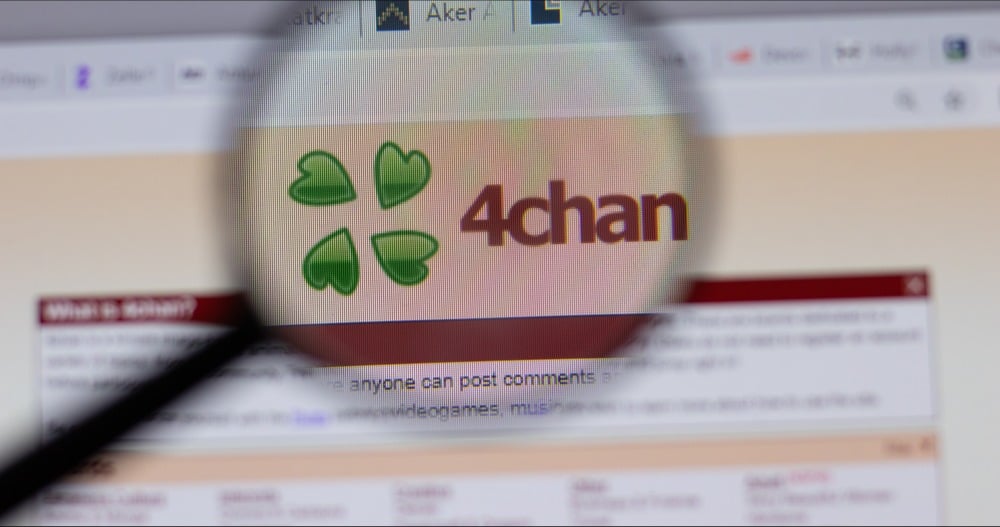










































































































































![[The AI Show Episode 143]: ChatGPT Revenue Surge, New AGI Timelines, Amazon’s AI Agent, Claude for Education, Model Context Protocol & LLMs Pass the Turing Test](https://www.marketingaiinstitute.com/hubfs/ep%20143%20cover.png)































































































































![[DEALS] Koofr Cloud Storage: Lifetime Subscription (1TB) (80% off) & Other Deals Up To 98% Off – Offers End Soon!](https://www.javacodegeeks.com/wp-content/uploads/2012/12/jcg-logo.jpg)




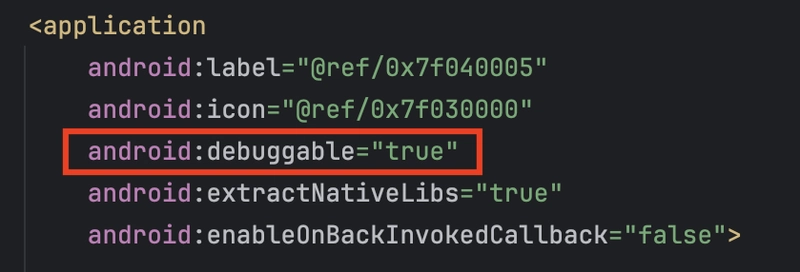














































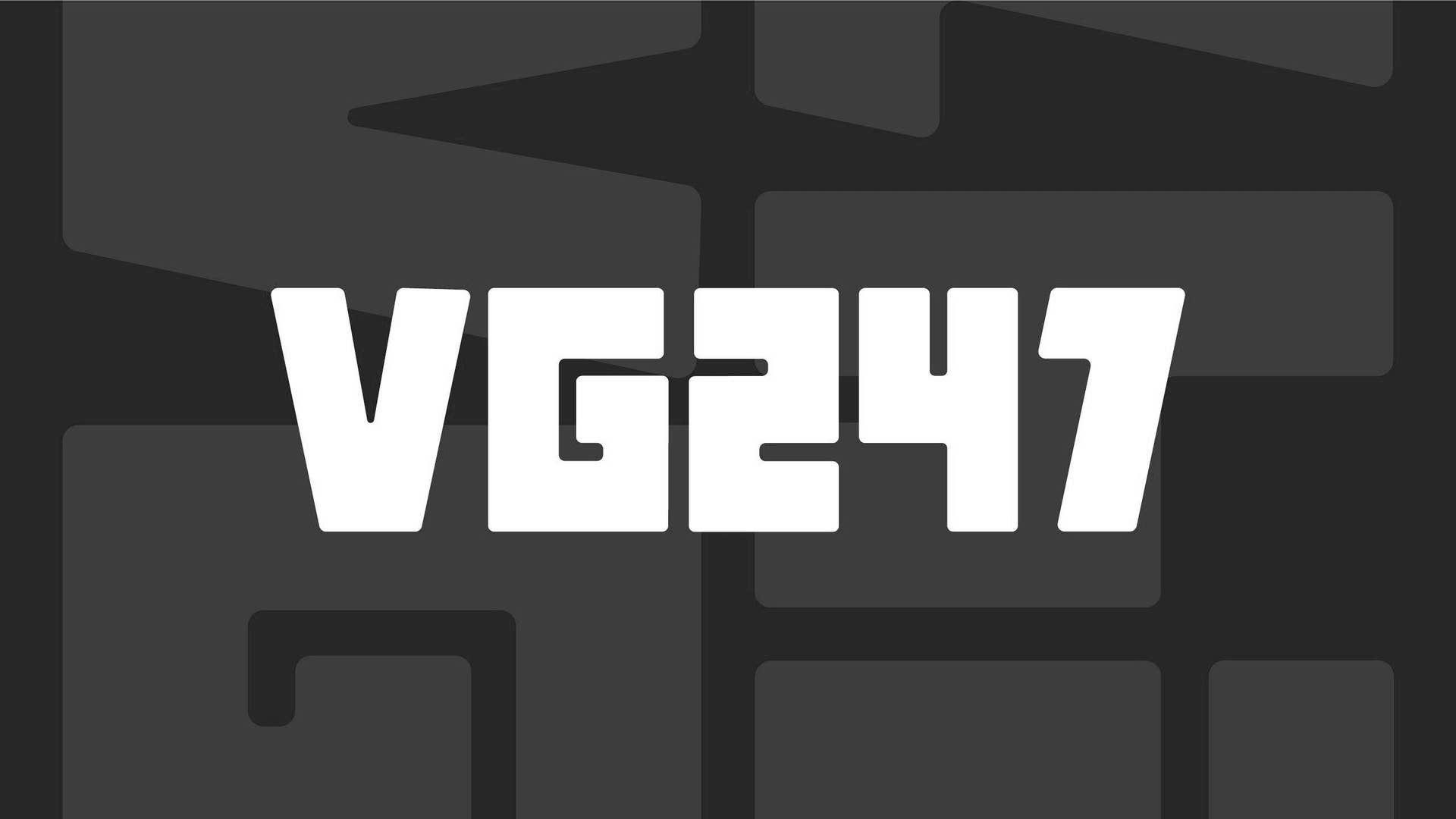









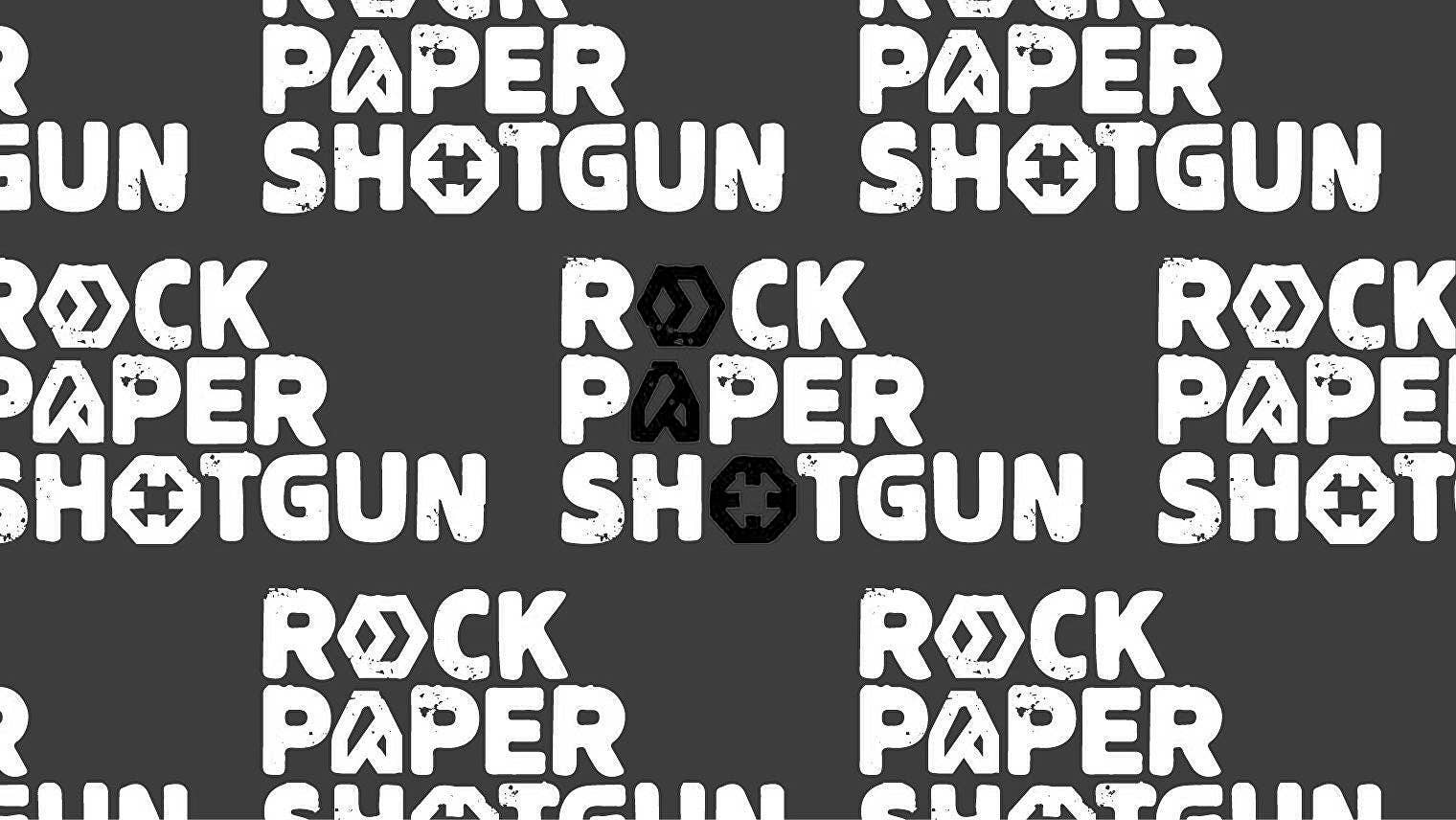
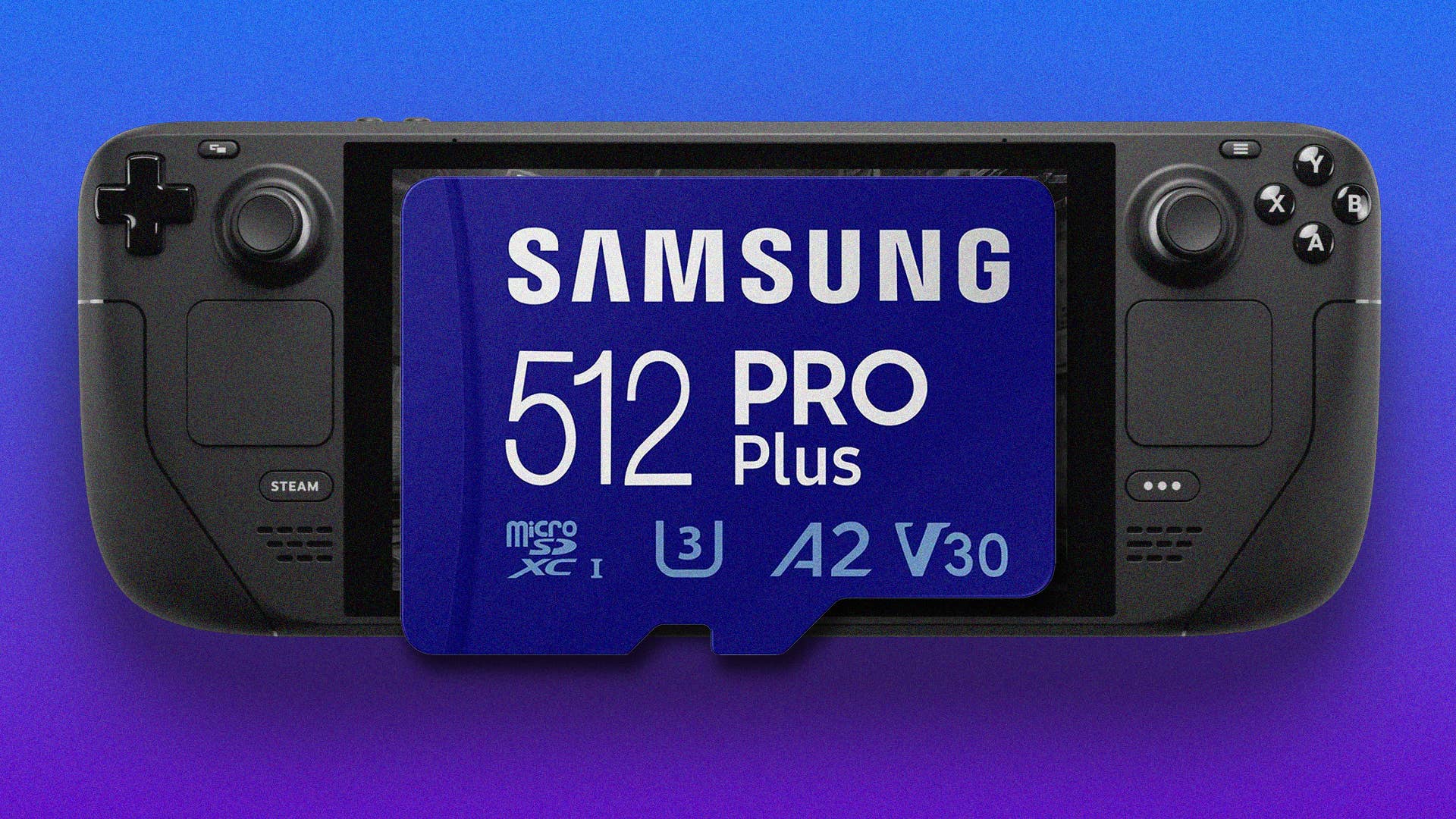































































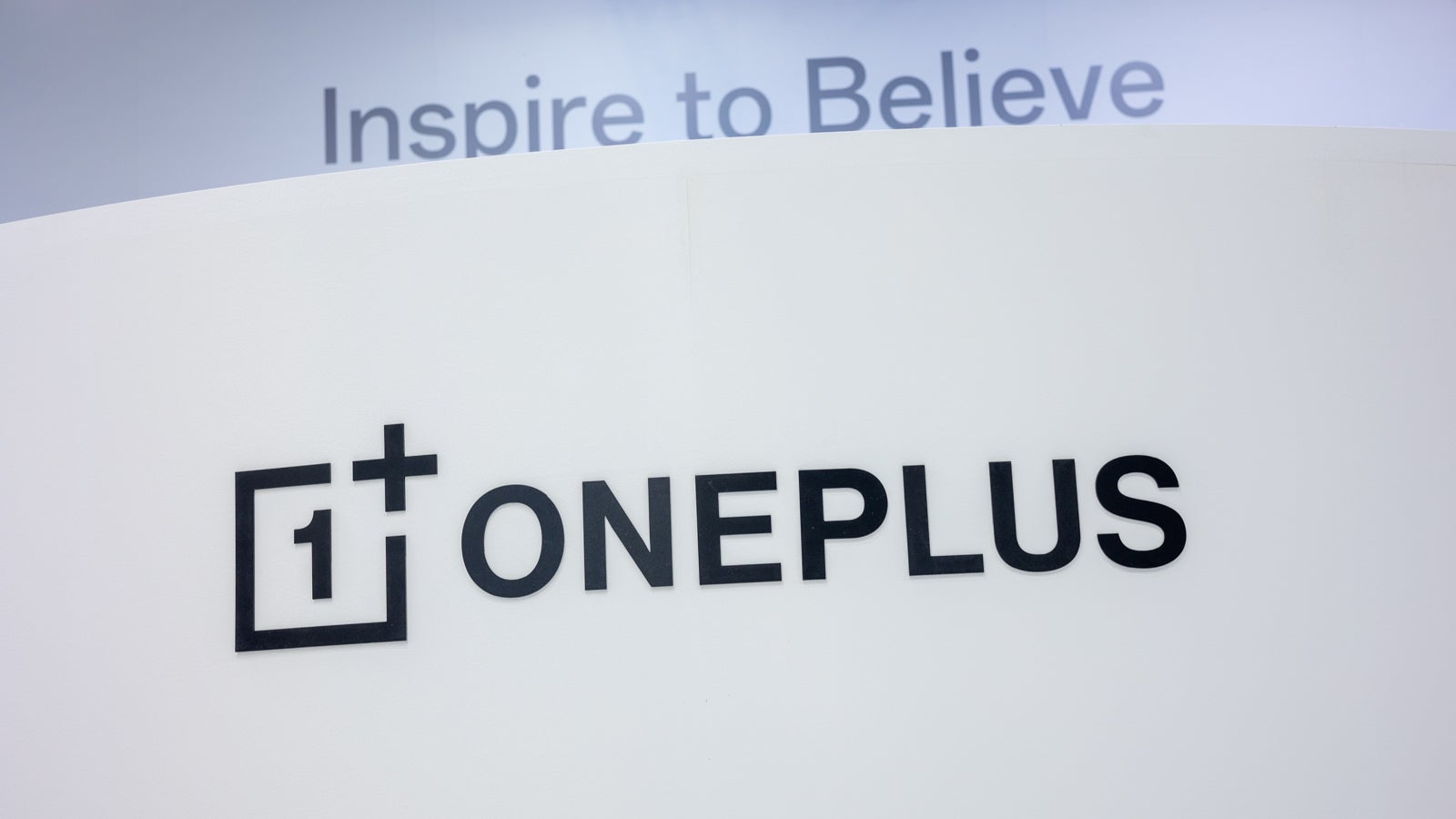
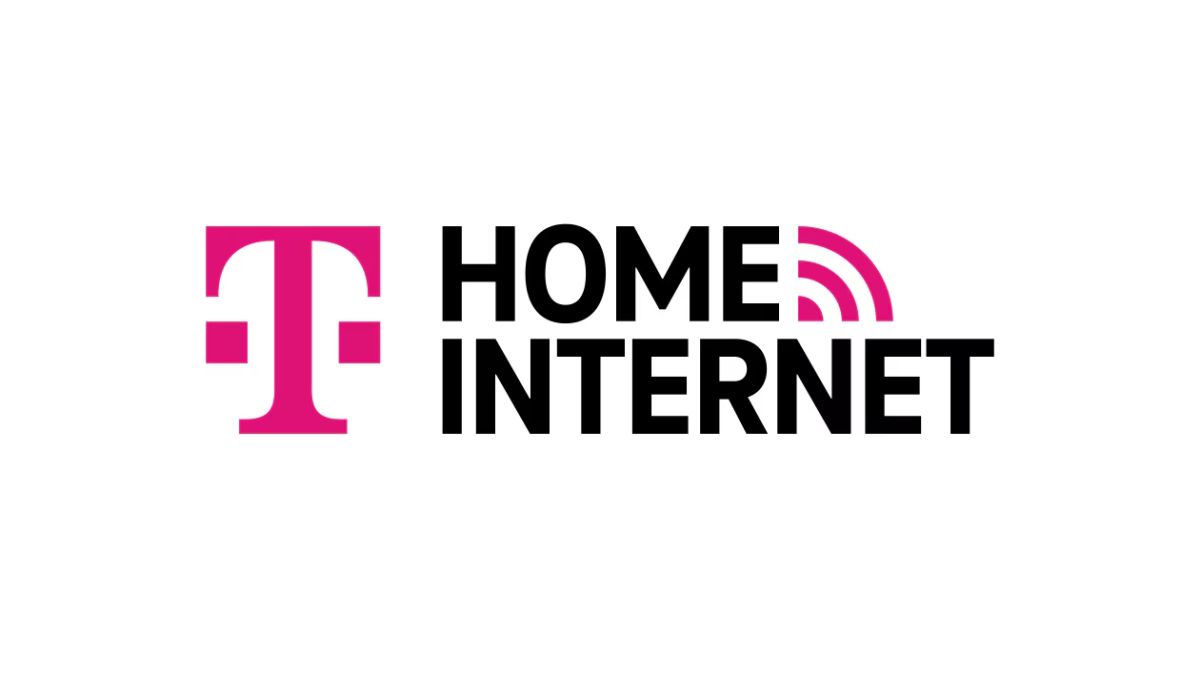











_Muhammad_R._Fakhrurrozi_Alamy.jpg?width=1280&auto=webp&quality=80&disable=upscale#)
_NicoElNino_Alamy.jpg?width=1280&auto=webp&quality=80&disable=upscale#)






































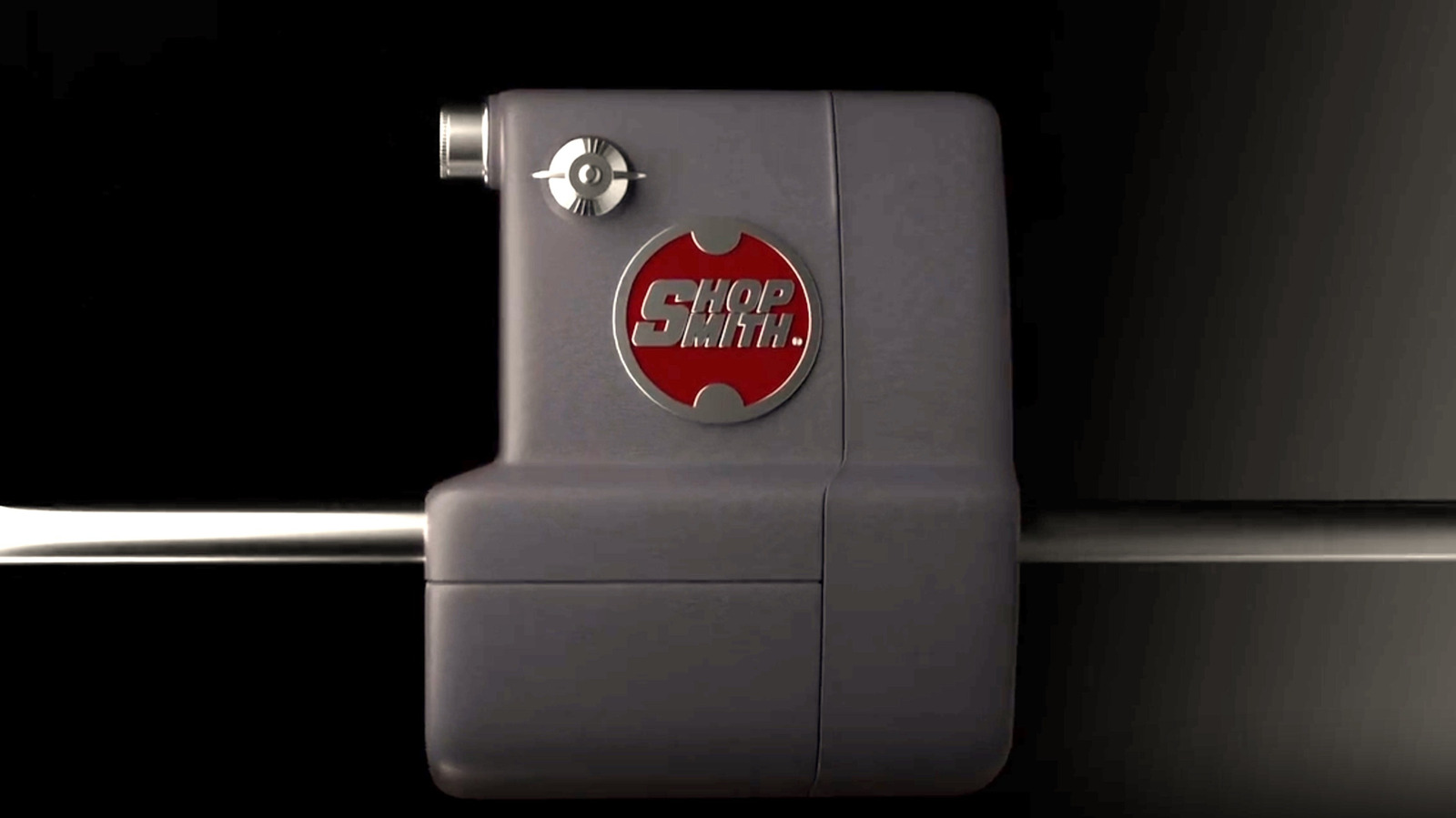

























































![What Google Messages features are rolling out [April 2025]](https://i0.wp.com/9to5google.com/wp-content/uploads/sites/4/2023/12/google-messages-name-cover.png?resize=1200%2C628&quality=82&strip=all&ssl=1)









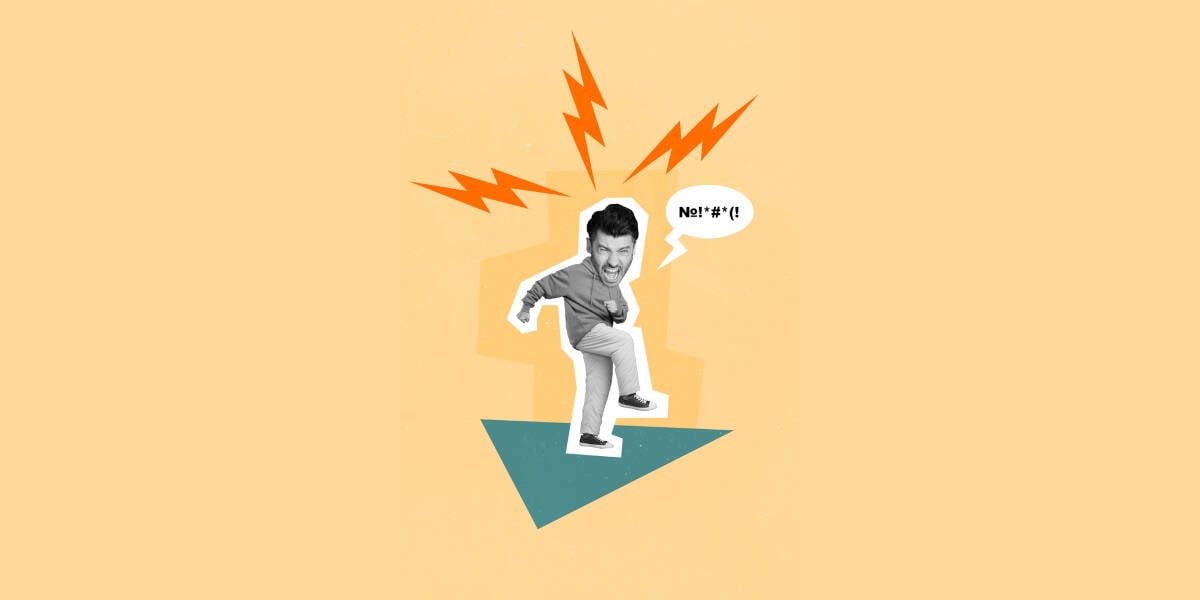


![M4 MacBook Air Drops to Just $849 - Act Fast! [Lowest Price Ever]](https://www.iclarified.com/images/news/97140/97140/97140-640.jpg)
![Apple Smart Glasses Not Close to Being Ready as Meta Targets 2025 [Gurman]](https://www.iclarified.com/images/news/97139/97139/97139-640.jpg)
![iPadOS 19 May Introduce Menu Bar, iOS 19 to Support External Displays [Rumor]](https://www.iclarified.com/images/news/97137/97137/97137-640.jpg)





















